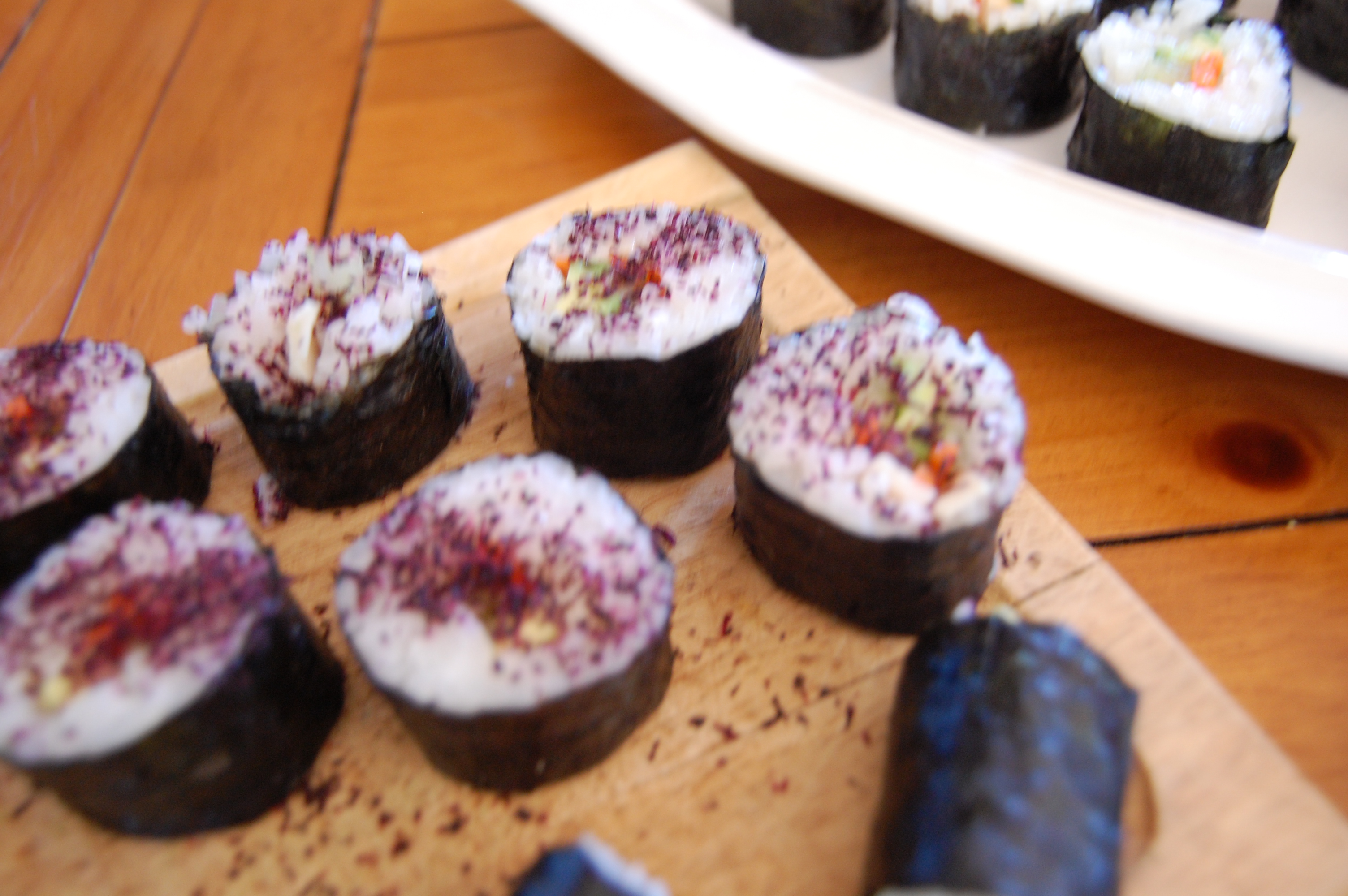So this is kind of embarrassing to admit, but when I was very small I somehow thought that being a missionary meant that you had to go to another country and eat weird stuff so that people would really know that you really love them and so that they would really know that God loved them, too.
The “weird stuff” I was imagining:
Stew with recognizable animal part (i.e., face, included.)
And I had it in my mind that to be a missionary meant that you really had to be brave enough to eat weird stuff because if you didn’t, the people that you were trying to be friends with wouldn’t want to be friends with you. Or with God.
OK, so, yes, there are some strange and faulty ideologies implied in there that would have the Foucauldian theorists of my grad school days salivating with desire. Also it probably just doesn’t work that way, that if you don’t want to taste the monkey brain they don’t want to be your friend or to talk about God.
BUT! The problematic missiology of my 5 year old self was on to something.
A few weeks ago, some friends who have been actual missionaries in Japan for years & years visited. And John said something I think is very interesting:
“You can tell which interns are going to work well in Japan because they are the ones who are willing to try the food. The ones that are afraid to try generally don’t get on well in other ways, culturally.”
(this is a ‘loose’ quote; basically what he said.)
 (John’s wife brought me some dried plum powder, the purple-ish stuff you see sprinkled on this vegetarian sushi I made. Sorry it’s blurry. I was really hungry and rushing to actually eat something!)
(John’s wife brought me some dried plum powder, the purple-ish stuff you see sprinkled on this vegetarian sushi I made. Sorry it’s blurry. I was really hungry and rushing to actually eat something!)
John was careful to point out that it wasn’t that the successful interns necessarily liked Japanese food.
The telling part was the willingness–or unwillingness–to try.
If food and eating are so deeply rooted in culture and religion and family life and (etc., etc., etc.) then it kind of makes sense that the people who are going to be able to befriend others best in a different culture are the ones who come ready to at least try.
Trying someone’s food is almost a way of saying “I’m willing to know you.”
I still hope I never have to eat bugs or grubs to prove my love for my neighbor, but maybe if I’ve come to love a friend who loves to eat grubs it would be like nothing to try them myself.
And I wonder:
What can we tell about ourselves–and our relationships–by the patterns and habits of food-sharing taking place within them?
{repost from the archives}














